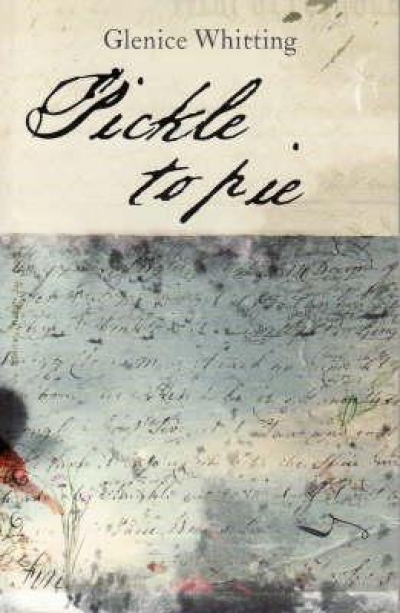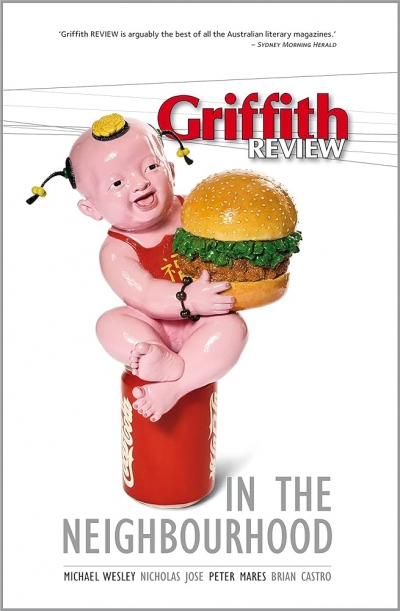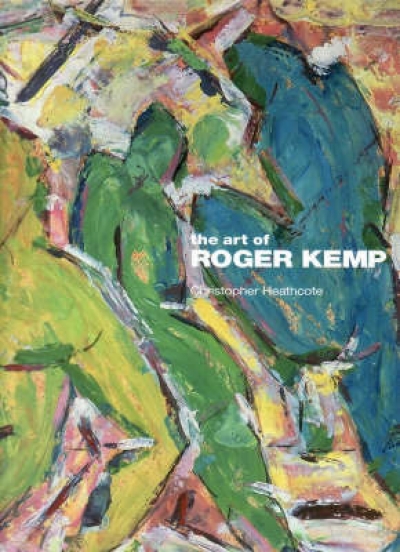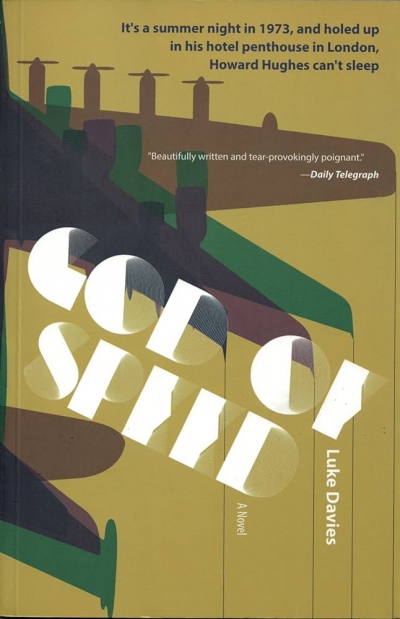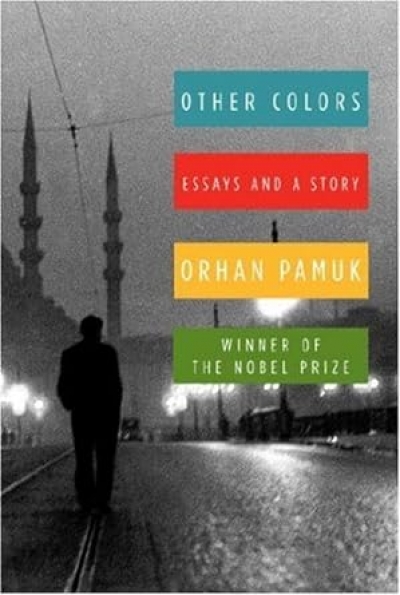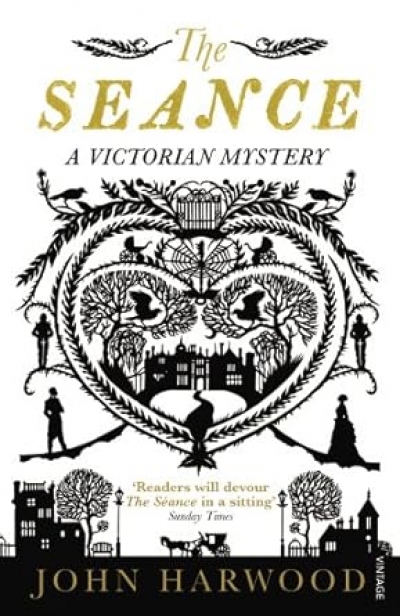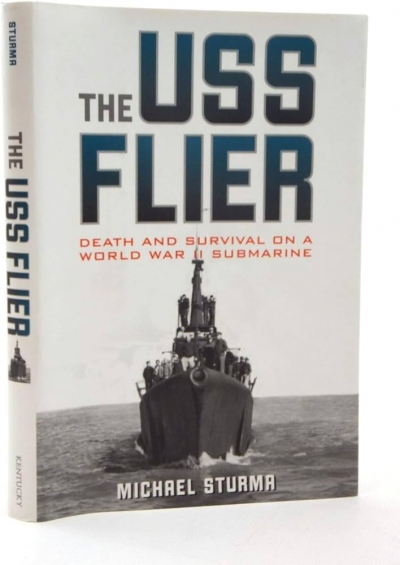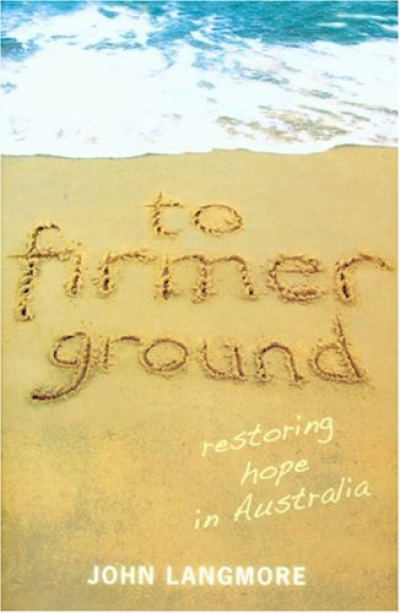Archive
A good picture book is like a complicated dance between words and pictures in which each must be in step and working towards the same artistic outcome. If either clement is dancing to a different tune, the narrative strength will be diminished and the story will limp along. In The Peasant Prince: The True Story of Mao s Last Dancer (Penguin, $29.95 hb, 40 pp, 9780670070541), author and illustrator combine in an exquisite pas de deux. Li Cunxin, international ballet dancer turned successful Melbourne stockbroker and best-selling author, has now added a children's picture book to his impressive CV.
... (read more)Ross Clark Wins The 2008 ABR Poetry Prize
The menace of lantana has not prevented Ross Clark from carrying off the fourth ABR Poetry Prize. Mr Clark wins $3000 for his poem entitled 'Danger: Lantana', which was published in the March issue with the four other shortlisted poems.
Ross Clark is no stranger to the ABR Poetry Prize. His poem 'Full-Bucket Moon' was shortlisted in last year's competition, which was eventually won by Alex Skovron.
After a career as a high-school teacher, Ross Clark now teaches in two Queensland universities. He is the author of seven volumes of poetry and two chapbooks. Janet Upcher reviewed his latest collection, Salt Flung into the Sky (2007), in the March 2008 issue. Reacting to his win, Ross Clark commented: 'Both shortlisted poems created memories within rural settings; the former's fictionality is more obvious, but both poems are songs made from the sweepings of my mind, both begin in the rag-and-bone shop of history and locality. I'm thrilled to have won, and hope the readers of ABR will hear the creek flowing again in these words.'
... (read more)
